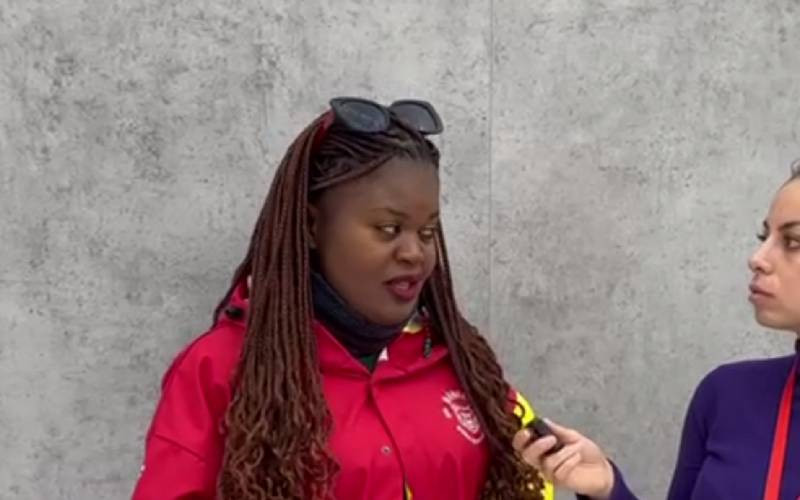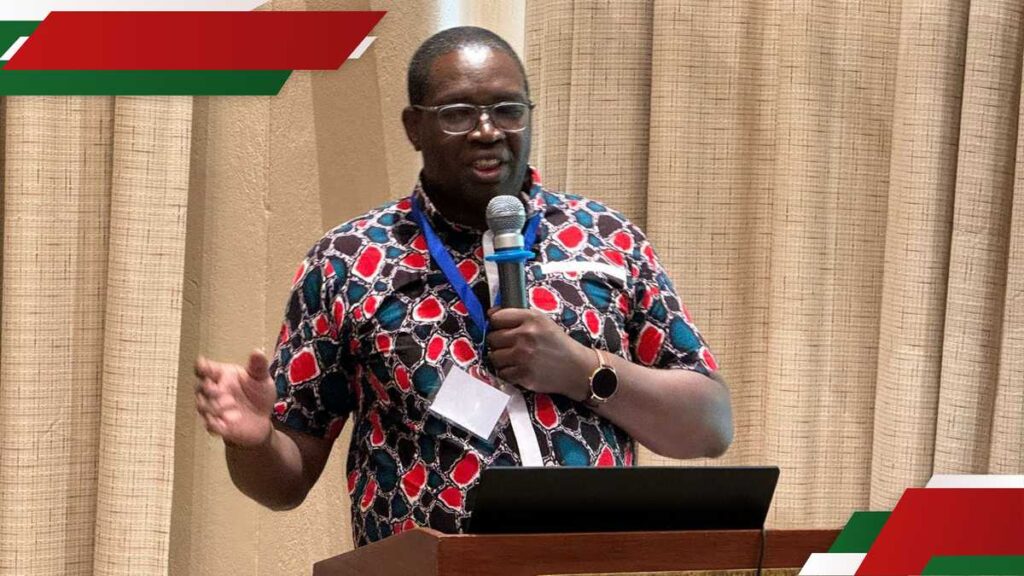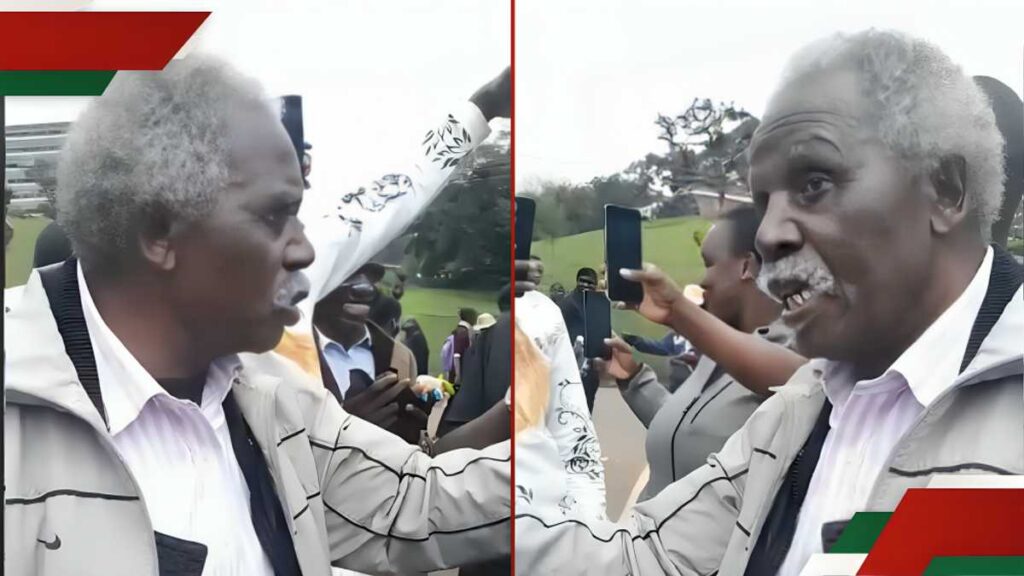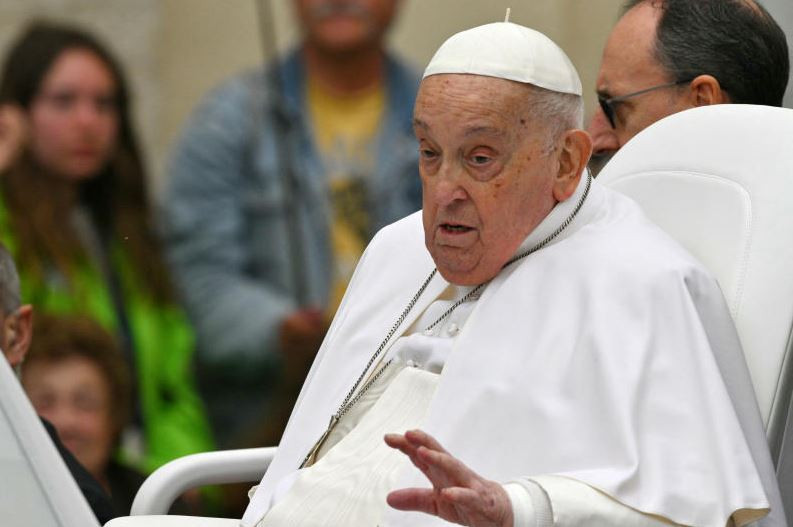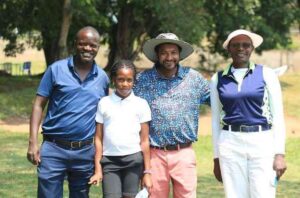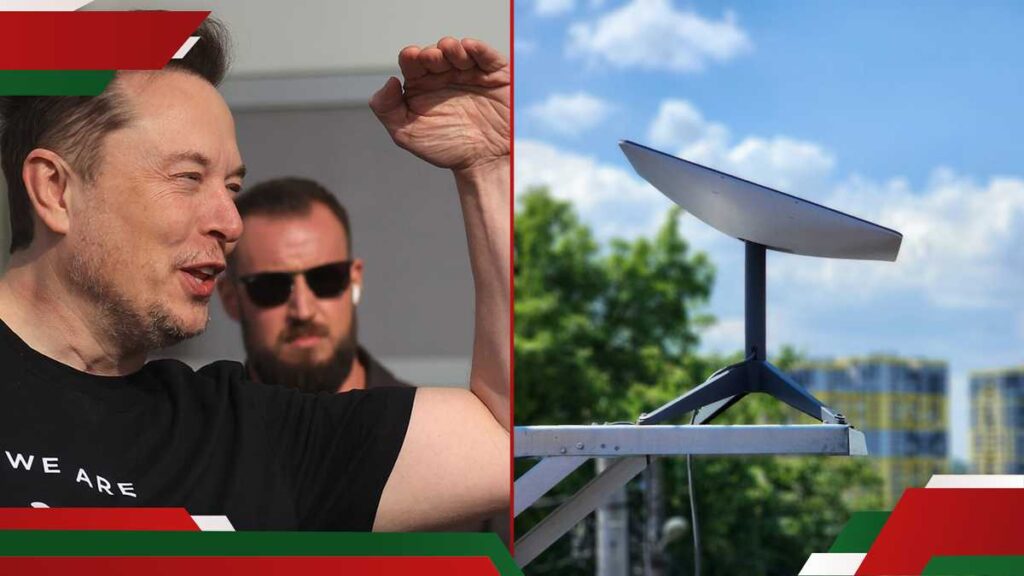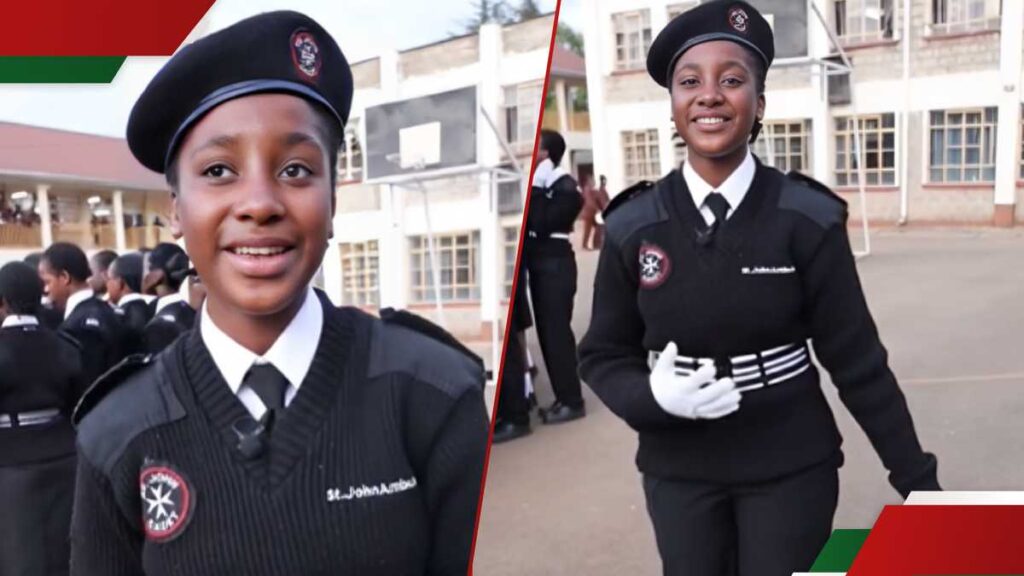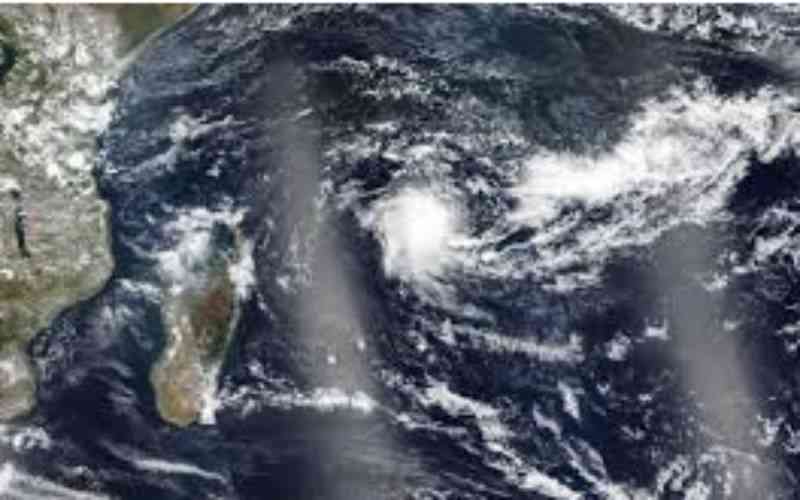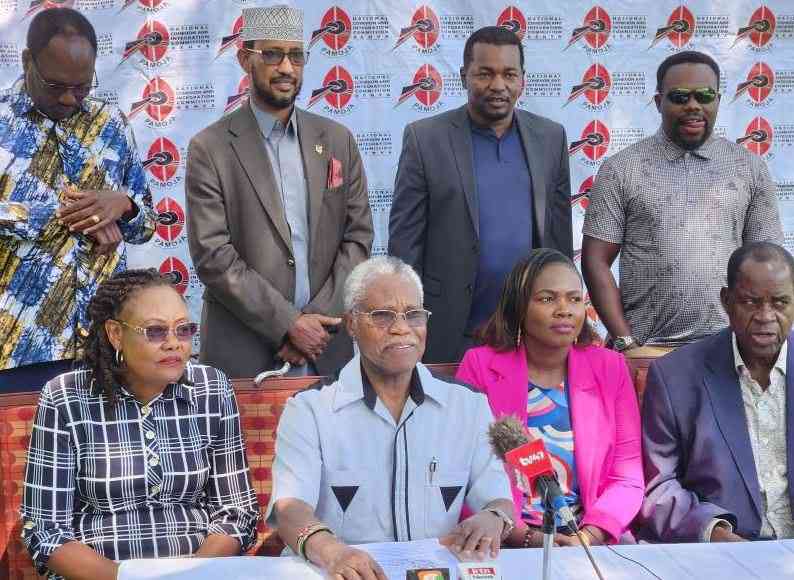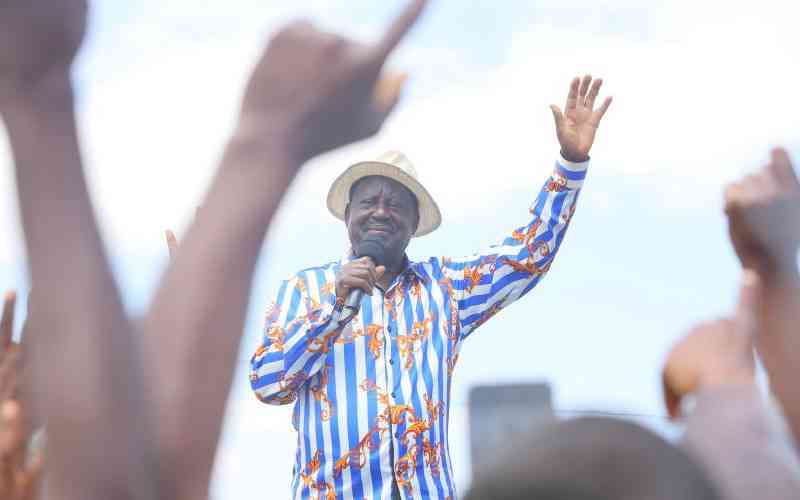Fresh revelations have emerged listing names and faces of individuals who work with Russian entities to facilitate the transportation of young African women to the Alabuga Start program in the Tatarstan republic -South East of Moscow.
Ten individuals from select African countries have been aiding the ferrying of the women- most of them youthful, into the area described in Moscow as Special Economic Zone (SEZ). The method of hiring is based on a promise of training opportunities and quick jobs for young people from different parts of the world and especially Africa.
The revelations now dismiss spirited efforts put up by the Russian embassy in Nairobi following the publication of reports linking Russia to human trafficking and other forms of abuse meted out on Africans who joined SEZ since its war situation with Ukraine.
Soon after the May 8 Global Initiative Against Organized Transnational Crime report, the embassy posted a commentary on its website saying “The Alabuga SEZ has already been targeted several times by Ukrainian drones. The aim remains the same – to discredit Russia by accusing it of endangering the lives of Africans by allegedly keeping them there by force” It said adding “ But there is a rebuttal to this, too. After the first drone attack on a dormitory in Alabuga in April 2024, a young student from Kenya commented on the Russian media. According to her, this was a clear but failed attempt to intimidate students”.
The embassy cited a case we reported in the month of February where a Kenyan woman called Macrene Achieng was used in a propaganda video defending the Alabuga Start program.
Nairobi itself claims to enjoy good relations with Russia. The Minister for Labour Alfred Mutua who runs a foreign jobs program under the slogan kazi majuu (local slang that loosely translates to jobs abroad) said his department has not started focusing on jobs in Russia yet but will when the opportunity arises.

“We do not have any ongoing Government project to send Kenyans to Russia” He said in his response to our questions and added “but if one comes up we will send people there to work. We have no issues with Kenyans working in Russia, a country we have good diplomatic ties with”.
Mutua could be forced to think again after an association of European investigative journalists working separately from the GlATOC published explosive content on a website called Alabuga Truth which has faces of individuals and other shocking details of abuse of different forms that African youth, both male and female, are subjected to once they land in Tatarstan.
The faces include Patricia Kalinga from Zambia who is described in the revealing report as head of Zambia- Russia Graduates Association, some sort of network of graduates from Zambia with links to Alabuga Start. The reports include pictures of the young woman visiting the Tatarstan Republic and institutions said to be SEZ.
The main activity of ZamRus, as the body is known, is described as promoting and actively recruiting young women for Alabuga Start. Kalinga is quoted saying that last month (it is not clear which month this was), she visited the Republic of Tatarstan and the Special Economic Zone in Yelabuga. She goes on to pose a question.
“Are you a young girl between the age of 18 to 22? Here is a working program to help you relocate to Russia to work, learn new culture, new language and make friends from other countries. I am available to guide you throughout the process”.
She makes a case for the Alabuga Start program claiming the job offer runs for 2 years, which in her words is enough time to help a new recruit to save money and go to college or university.
Patricia runs a website called ZamRus.
Our efforts to access information on the website was met with two picturesque flags; The Zambian and Russia flags and an announcement screaming website under construction We’re working on something amazing! Stay tuned – we’ll be live soon.
Stay informed. Subscribe to our newsletter
Our emails to the address given on the website are yet to be responded to.
Alabuga Truth has listed nine other individuals from Nigeria, Mali, the Democratic Republic of Congo, Ghana, Uganda and Ivory Coast. The revealed faces include that of Nanah Amoah from Ghana, David Hundeyin Nigeria, Jimmy Kawanda and Noah Mafioti from the Democratic Republic of Congo, another Zambian called Andrew Mwansa from Zambia, an Ivory Coast-based individual only identified by one name Mr Williams, Moses Kizige from Uganda, said to be a government facilitator who works at the Uganda embassy in Moscow, Abdullahi Y Shehu Nigeria and Seydou Kamissoko Mali.
Set up by European investigative journalists who have published a series of reports on Russia’s excess during its war with Ukraine, the Alabuga Truth website describes these individuals as ‘useful idiots’ labelling them as sellers of Africans into modern slavery. The published reports on the website are unflattering of the Alabuga program.
It says African women who go through Alabuga Start will likely face many nasty situations. Aside from forced labour and unsafe work practices, life in Alabuga is dominated by drugs, crime and murder. African women are also likely to experience vile racist abuse.
Alabuga Truth relates an account of a Gabonese citizen called Francois Njelassili who is reported to have been stabbed to death for being black. It is reported that Njelassili was minding his business with friends at a Burger King joint in the city of Yekaterinburg when two young Russian men hurled racist abuse at him. They then accosted him with a knife and stabbed him to death. The police watched as the attack unfolded – a common behaviour of Russian law enforcement whenever Africans working there are under attack.
One of the attackers called Dania Fomin, is said to have links to white supremacist groups and was the subject of a fundraising campaign on a neo-Nazi Telegram channel.
One of the victim’s friends told a media outlet that Njelassili’s parents “trusted Russia… how can you tell them that their only son died there… Why do they hate us?”
Incidents are many including some where attackers take video images of themselves beating up Africans. Such shameless publicity for their perverse actions shows they are unlikely to be punished for their crimes.
In January The Standard reported that at least 200 young women from African and Asian countries are working at Alabuga Start. Alabuga Truth confirms that adding that the women will likely not leave the Alabuga SEZ, let alone return to their home countries. They are subject to surveillance and curfews and forbidden from talking about their involvement in manufacturing drones. Those who do face threats and fines. They receive low pay, and sometimes no pay at all.
Human trafficking according to the UN
The UN definition of human trafficking, which forms the basis of all international law describes it as the recruitment, transportation, transfer, harbouring or receipt of persons, using the threat or use of force or other forms of coercion, abduction, fraud, of deception, of abuse of power or a position of vulnerability or of the giving or receiving of payments or benefits to achieve the consent of a person having control of another person, for exploitation. Exploitation shall include, at a minimum, the exploitation of the prostitution of others or other forms of sexual exploitation, forced labour or services, slavery or practices similar to slavery, servitude or removal of organs.
The May 8 GIATOC report “Who is making Russia’s drones? – The migrant women exploited for Russia’s war economy” concluded that Alabuga Start has some characteristics of a case of human trafficking and that at the very least the program is a form of fraudulent exploitation.
There exist sympathizers of the Alabuga Start program though. An online publication called West Africa Weekly on April 30 published an article dismissing Alabuga Truth as a Western disinformation operation. Written Nigerian David Hundeyin, who turns out to be one of the individuals named among the ‘useful idiots’ working with Russian masters to transport African women into slavery said “In today’s world, power is no longer solely defined by military might or economic dominance; it heavily depends on control of narratives. As a result, Africa has increasingly become a focal point in an ongoing informational war”
Hundeyin argues that there have been instances of foreign groups intently monitoring or attempting to influence political conversations across the continent. In Nigeria, for example, a leaked document revealed that a British intelligence-backed NGO had been surveilling Pan-African voices, labelling critics of Western policies as “pro-Russia” or “pro-China.” One is left to wonder, what is the end goal of such surveillance?
The Western world, threatened by Africa’s growing independence and vast potential, wrote Hundeyin, has resorted to subtle yet potent tactics to maintain its influence over the continent. Africa, however, is fighting back by taking control of its future and shaping its narrative.








